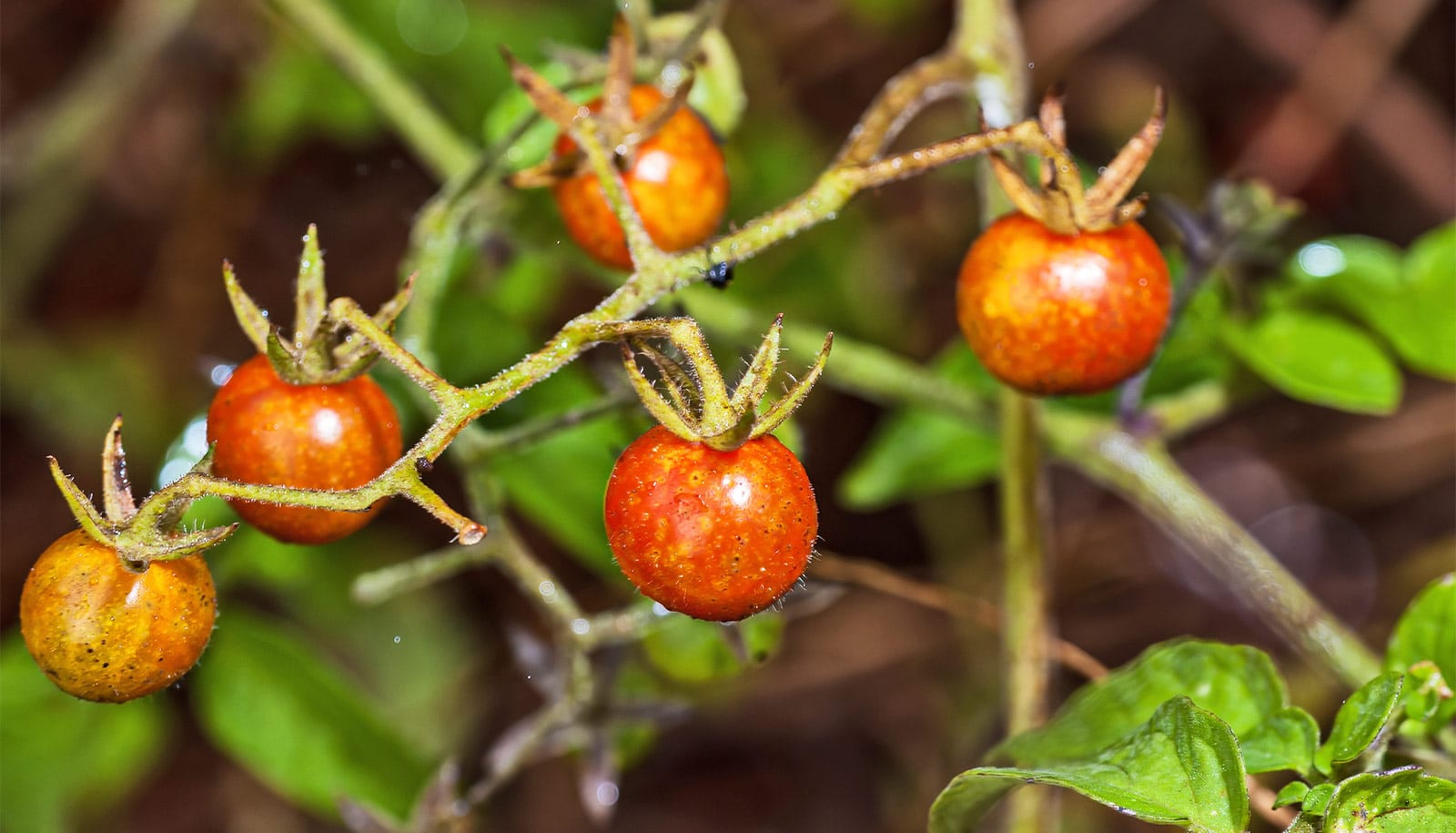It may be possible to grow crops using less water by altering a gene involved in regulating photosynthesis, according to new research.
Krishna Niyogi, chair of the plant and microbial biology department at the University of California, Berkeley, discovered that a protein called PsbS is involved in regulating photosynthetic light harvesting. He and his team thought that increasing the amount of this protein in a plant might make its photosynthesis more efficient.
Field trials at the University of Illinois showed that increasing PsbS improved the water-use efficiency of plants—the ratio of carbon dioxide entering the plant to water escaping—by 25 percent without significantly sacrificing photosynthesis or yields. That means the plants were able to thrive on 25 percent less water.
Leaf sensors tell farmers when plants get thirsty
The study appears in Nature Communications.
The research is part of the international research project Realizing Increased Photosynthetic Efficiency (RIPE) supported in part by the Bill & Melinda Gates Foundation.
Source: UC Berkeley



